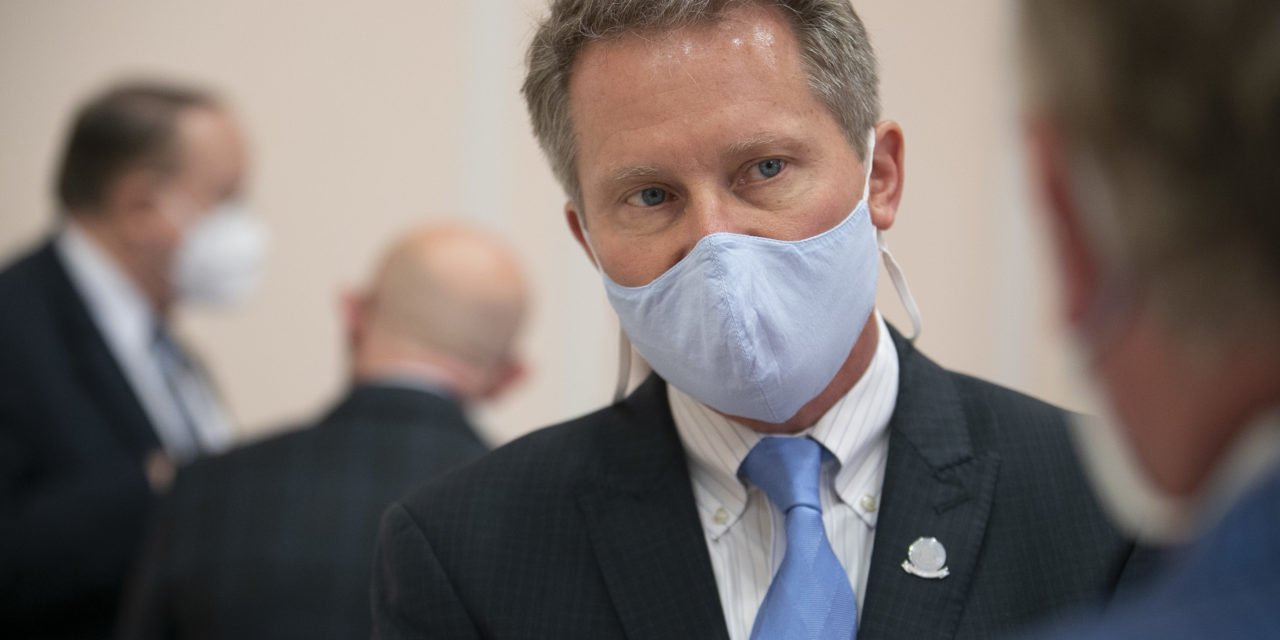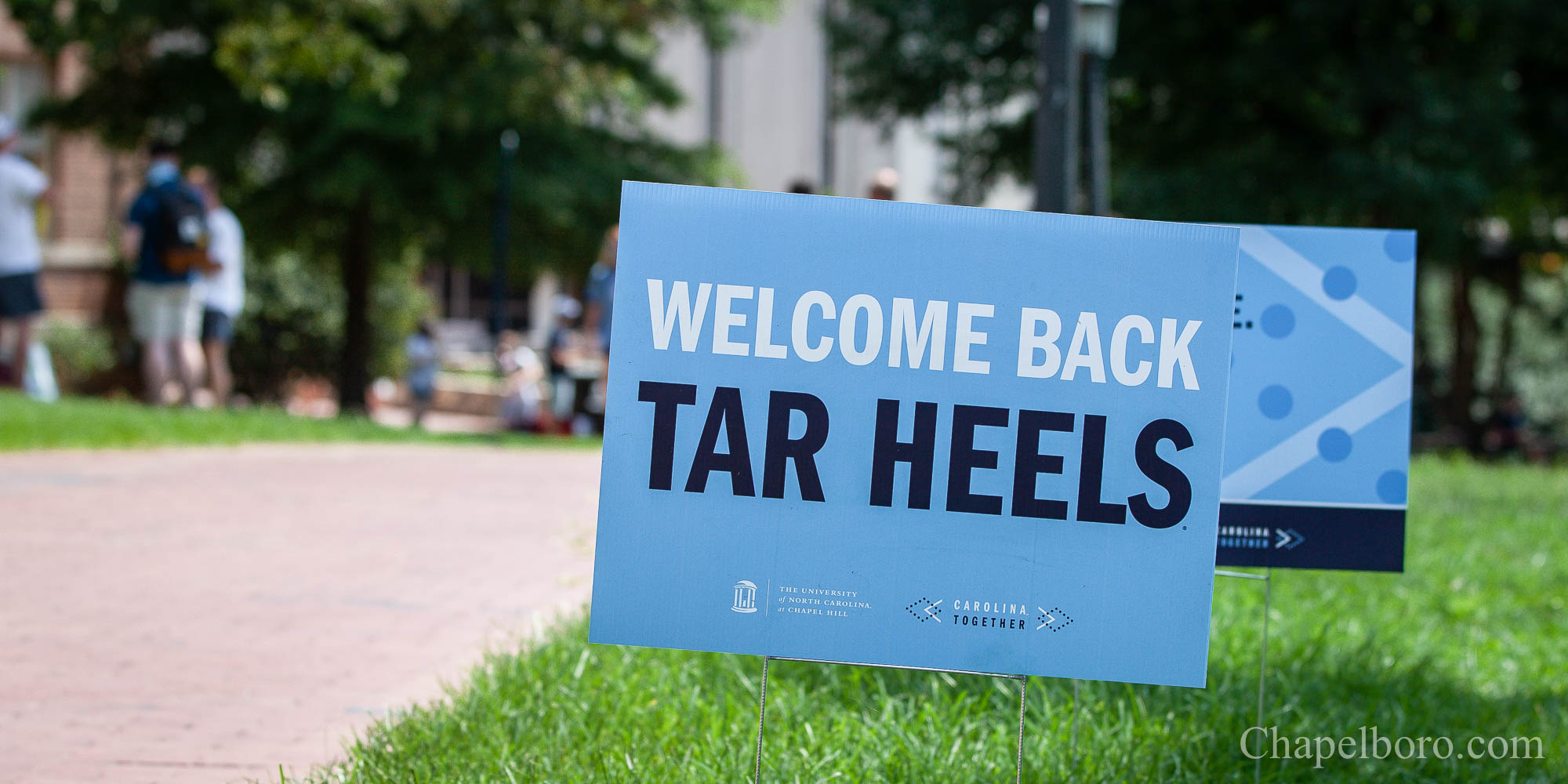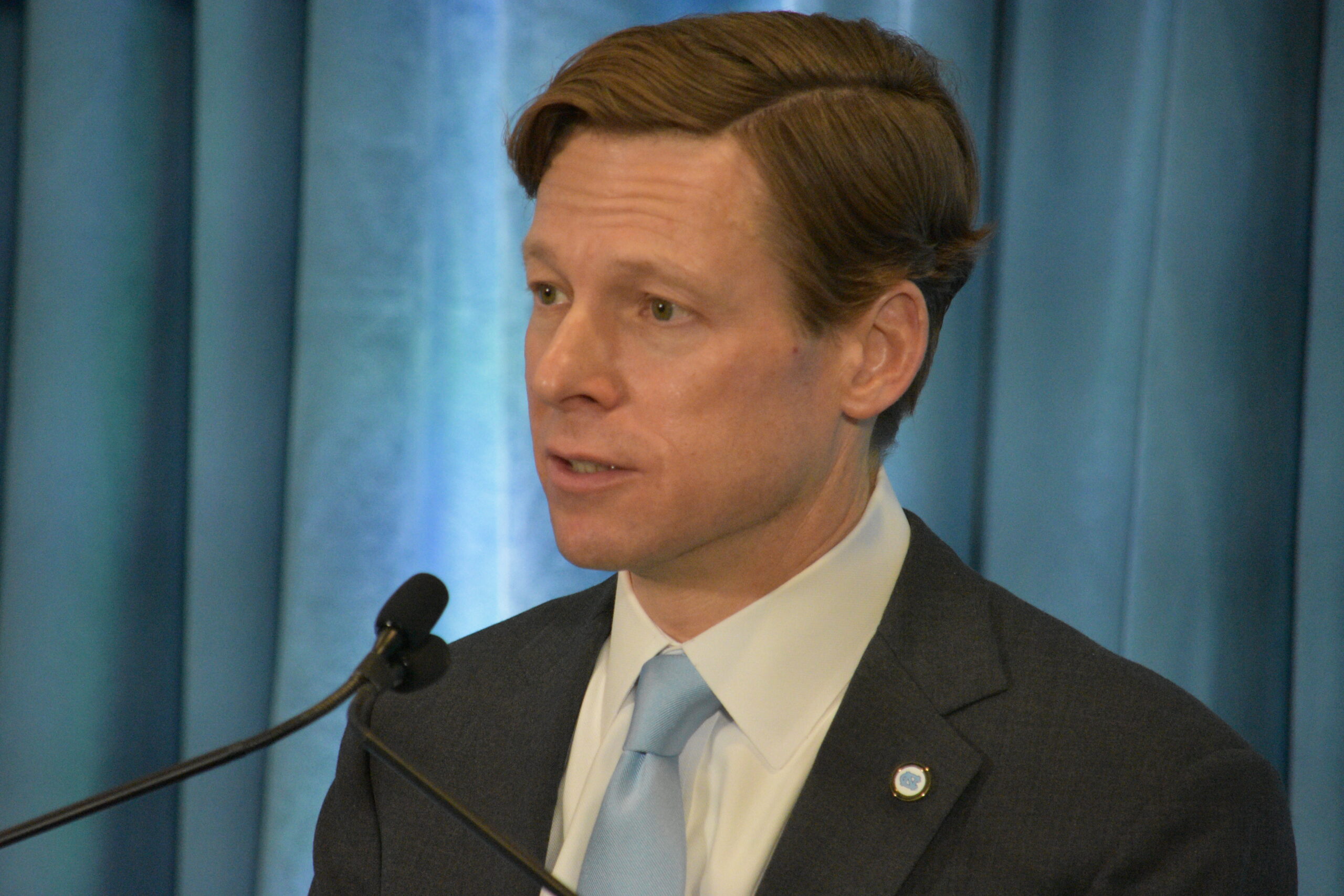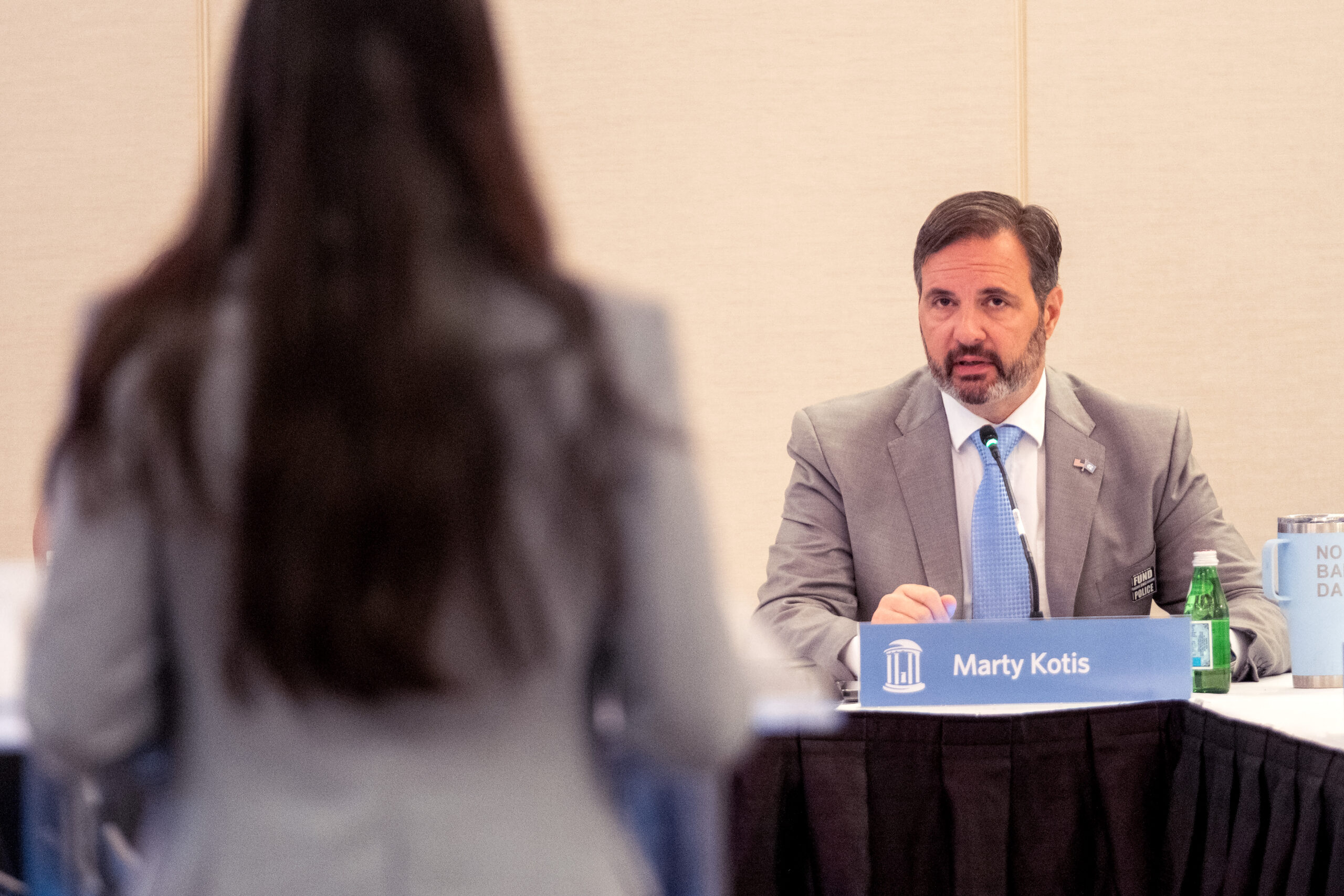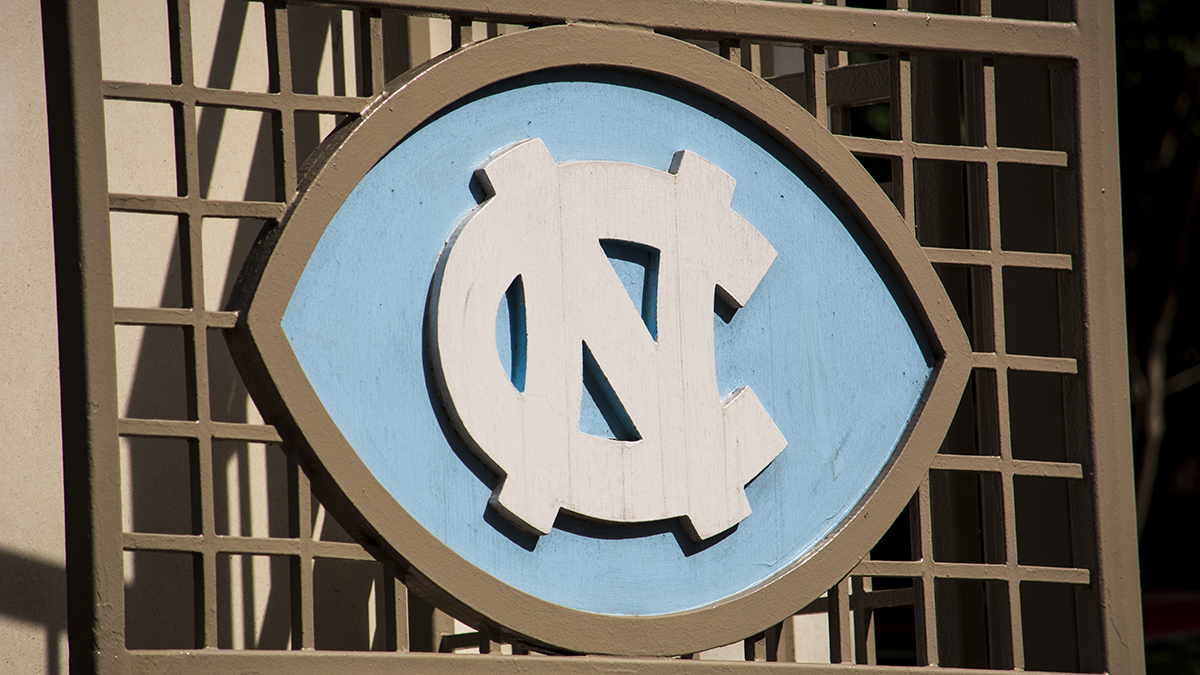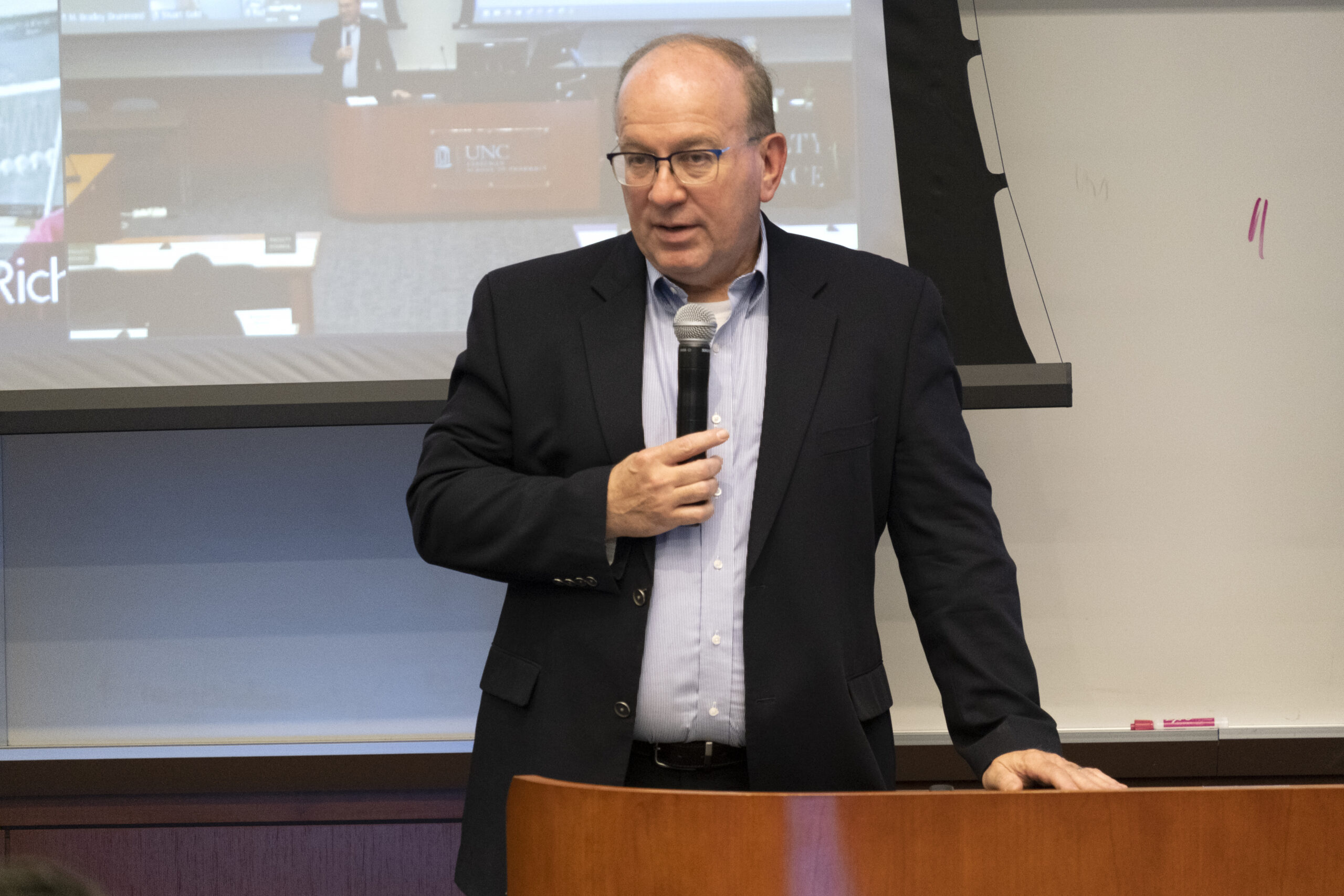On Thursday, the UNC Board of Trustees met for the first time since the spring semester began. During the meeting, board members received updates on various changes to campus operations, including the university’s new testing program.
Typically, the campus’ top decision-making body addresses a number of issues including athletics, finance and public relations. This week, amid an ongoing pandemic and the return of students to campus, the board focused most of its discussion on the university’s rigorous testing program – Carolina Together.
Under this new testing program, asymptomatic students living in Chapel Hill or Carrboro are required to get tested once per week at one of three UNC testing locations: the Frank Porter Graham Student Union, CURRENT ArtSpace + Studio or the Rams Head Recreation Center. Students living on campus or taking in person courses will need to be tested twice per week.
Dr. Amir Barzin is a primary care physician, the Medical Director at UNC’s Family Medicine Center and one of the overseers of the university’s COVID testing. At the Board of Trustee’s meeting, Barzin said the Carolina Together program had to quickly evolve to meet the needs of retuning students.
“Our very first week we were open, the week of the eleventh, we only were running out of one [testing] site,” Barzin said. “We did notice that that did cause a little bit of a backlog in terms of people waiting in a line. So, with quickly expanding to three sites, I’m proud to report that this week we didn’t have a line longer than five to 10 minutes.”
Currently UNC has roughly 3,200 students living on campus as the university continues its remote learning until February 8. Since the spring semester began, 130 students have been placed in isolation and 151 in quarantine. As of Thursday, 12 students are in isolation on campus with 24 quarantined.
Prior to their return to the dorms, students were tested for COVID-19 five days in advance as an extra precaution. During this initial testing, 168 students were identified as COVID-positive and were subsequently stopped from returning to campus.
Barzin said much of the success of Carolina Together has stemmed from the students. He said 220 students have already volunteered to help facilitate the program and even more help is on the way.
“Over 1,500 students have signed up to be volunteers to be involved somehow in this process – whether it’s working at the collection sites, helping in tracing, reaching out to their peers to make sure they’re supported, helping us put together the tests kits that we’re making – and just in the past two weeks have logged over 4,900 hours of community service,” Barzin said. “That is just a true testament that everyone is making sure that this community is supported, appreciated and we’re working together to be a part of the solution.”
COVID-19 test results at UNC turn around in about 24 hours. Currently, the test positivity rate sits around .5 percent.
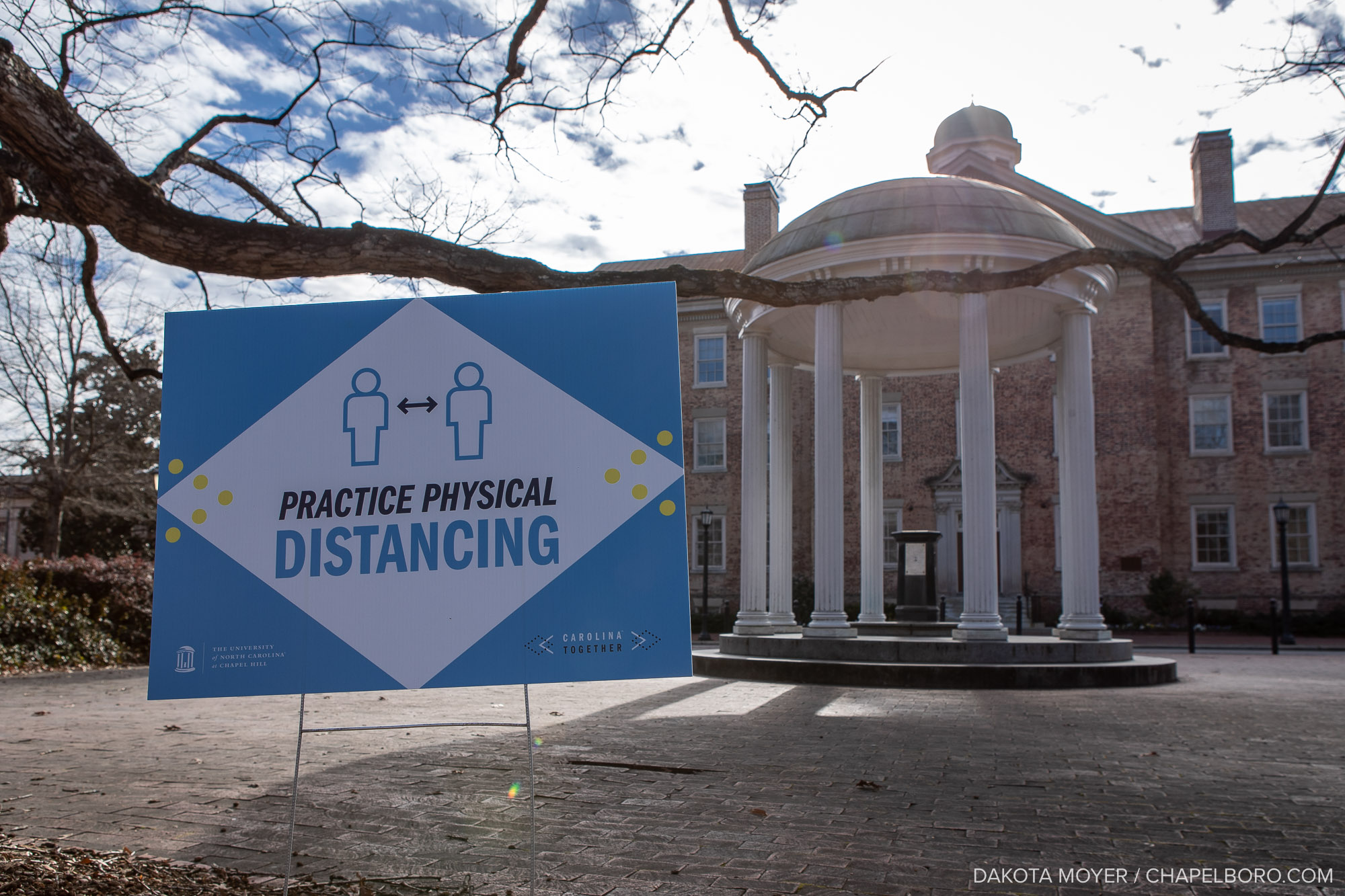
UNC campus is largely empty compared to most spring semesters. Around 3,200 students are reportedly living on campus, a number limited by public health changes made to prevent the spread of COVID-19.
At a media briefing following the Board of Trustees meeting on Thursday, UNC Chancellor Kevin Guskiewicz said it’s a community effort to stop the spread of the virus and make UNC a safe place to learn. However, despite the outpouring of support in testing centers, there have been concerns about students not complying with the COVID-19 gathering limits outlined in the university’s community standards.
Guskiewicz said UNC Police are working closely with the Chapel Hill and Carrboro Police departments to make sure the community’s safety standards are upheld.
“These are not just university standards,” Guskiewicz said. “As you well know, these are statewide mandates regarding gathering. I’ve been very pleased with what’s happening on campus – we’ve not had any transmission in any of our on-campus facilities, but we have to remain vigilant as we work through the rest of the semester.”
With videos circulating on social media depicting some students hosting large, non-socially distanced gatherings, Guskiewicz said those who are caught breaking community and campus standards have the potential to be disenrolled.
“There are a number of students that have already been cited who are going through the judicial process here and potentially will be disenrolled,” Guskiewicz said. “We disenrolled students last semester and so we’re using all the resources we have to try to keep the campus community and the surrounding Chapel Hill-Carrboro community safe.”
In addition to UNC’s COVID-19 testing programs, the Board of Trustees discussed the university’s enrollment numbers, budget deficit and future vaccine distribution site at Campus Health.
Photo via Robert Willett.
Chapelboro.com does not charge subscription fees. You can support local journalism and our mission to serve the community. Contribute today – every single dollar matters.

